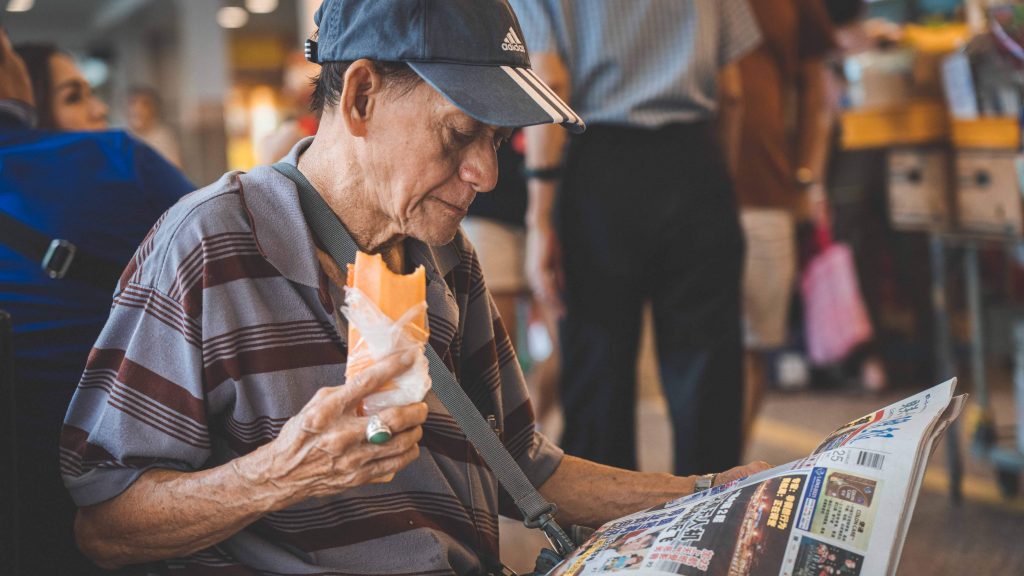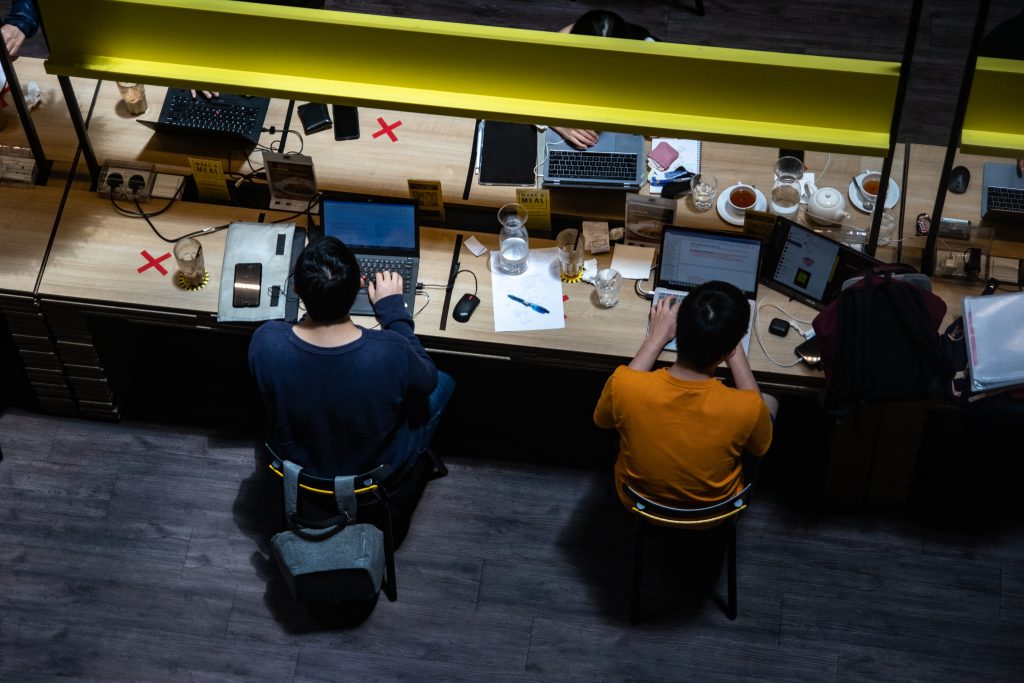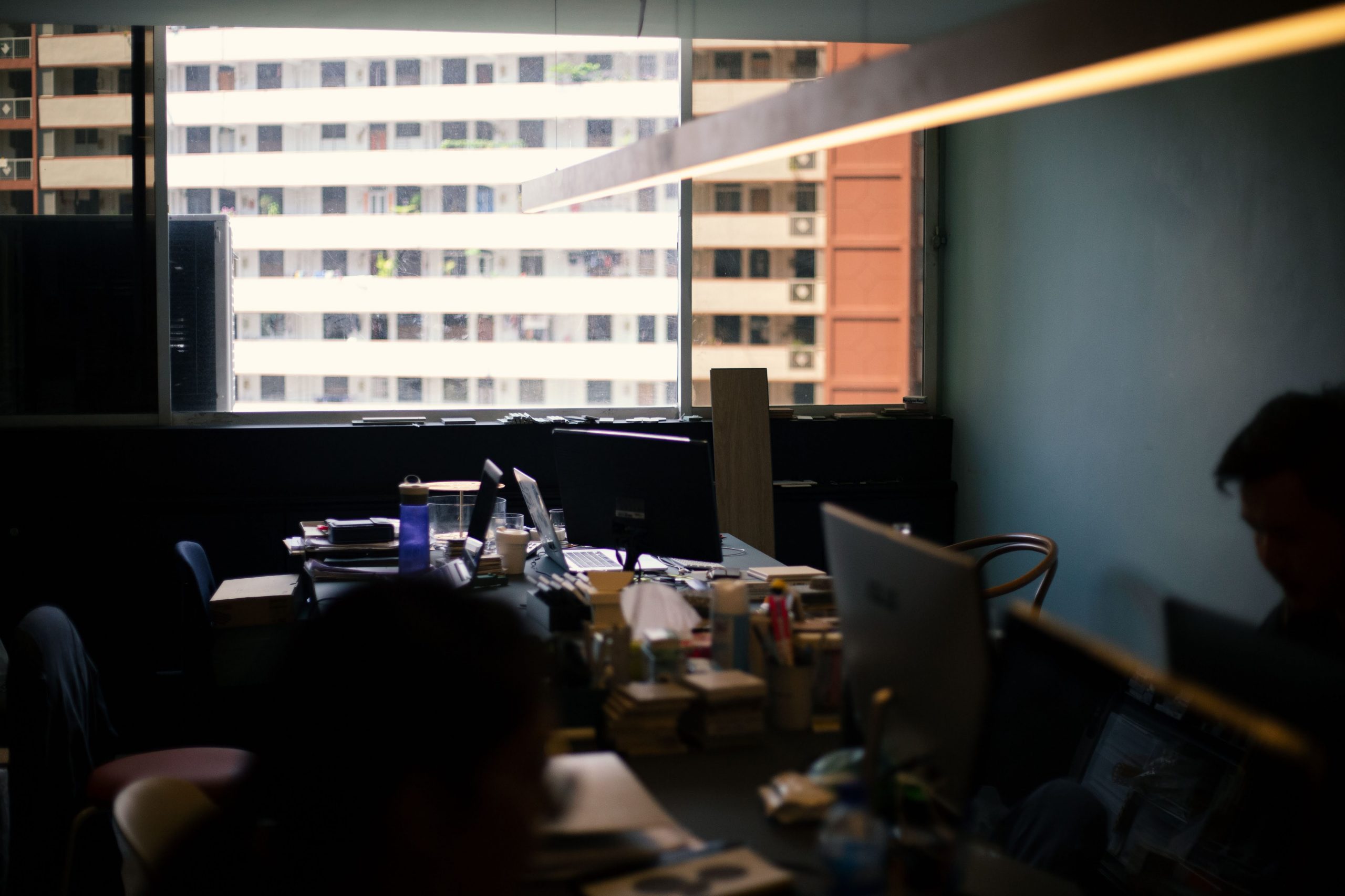All images: RICE File Photos
Earlier this month, my colleague Sophie wrote an article about being sian during this long-haul pandemic. It was a colloquial way to say that we are sick and fed up with the virus. The New York Times has given a more fanciful touch to this emotion: languishing.
I get it. We follow the news, track the daily cases, learn about Covidiots flouting safe distancing measures, and get demoralised that the nightmare doesn’t seem to be ending. This is the news cycle we have been used to for more than a year, and we are exhausted.
ADVERTISEMENT
But what about the folks behind the bylines of news reports you read? Most of us have the luxury of ignoring Covid-related news if we want to, but for journalists covering the pandemic, they don’t get to choose. It is their bread and butter. After more than a year since the pandemic started, Covid-reporting fatigue has become a real problem.
The thing about journalism is that we often do not write about the difficulties of the craft. We take challenges in our stride and guard them as secrets, rather than putting ourselves in the spotlight. Our job is to tell the stories of others.
To be fair, healthcare workers who are fighting the virus get it worse than us. But journalists are fighting another kind of fire, and it can be draining too.
In light of Covid-reporting fatigue, the following account is written from the perspective of a journalist, and is based on actual events that were shared with us.
The journalist is from the mainstream media, which covers the bulk of Covid-related news. The story has been condensed and compiled from a longer interview, with edits for length and clarity.
While we recognise that this is only one individual’s point of view, and may not reflect the situation in its entirety, or the views, experiences, and practices of other mainstream media outlets, I believe this account provides a valuable look into the fatigue experienced by those who bring us constant news of the pandemic. [/vc_column_text]
I have lost count of the number of stories I have written about the darn virus. Maybe a few hundred, since the pandemic started last January.
At the start, my colleagues and I thought this whole affair would blow over in a few weeks or months—similar to SARS [Severe Acute Respiratory Syndrome] in 2003 which started in March that year and everything was done and dusted by July.
This is why when it came to the daily compilation of statistics, it used to be just one of us handling it. These days, since the pandemic will be a long-drawn fight, we rotate among ourselves so it is less tiring.
Actually, reporting the statistics isn’t too bad. Stats are just stats and I report as it is. It is tougher to analyse and present facts about the virus in the simplest way possible because this is something that even top scientists are still struggling to grapple with.
I tend to doubt myself when reporting on Covid-related news. It is difficult to process what the experts say and churn a story out quickly. Moreover, as a mainstream media reporter, I face huge pressure to deliver the news accurately, since readers are taking whatever I report on as the gospel truth. Very often, I feel unprepared and have a sense of impostor syndrome.

And because I report on Covid-19 all the time, relatives and friends see me as a pandemic prophet, as if I know what is going to happen next.
“Will there be a lockdown?”
“When will Sinovac [a Covid-19 vaccine developed by China] going to be approved?”
The truth is: I don’t know!
As if things are not bad enough, the Covid-19 situation is evolving rapidly. I have to be on alert and constantly monitor developments, which means I am thinking about work all the time.
I can never switch off from work, as long as the pandemic rages on. My line of work—to chase and report on news—is already intense enough but at least there used to be lull periods when nothing big happened around Singapore. With the pandemic, it has been a sprint all the way.

For most of you, the pandemic is stressful enough, especially when you read about tighter restrictions or a lockdown. Just reading the news is enough to distract you and sap your morale. People wouldn’t even want to think about work. Instead, they would think about taking care of themselves and their loved ones first.
But for a journalist like me, news like this means I have to work extra hard to cover the stories. When the nation is reeling and recovering, I am forced to continue running.
It is tough to beat this whole Covid-19 reporting fatigue. These days, I try to avoid responding to work messages on my days off. However, I always feel guilty, thinking that I’m not working hard enough.
I’m sick of reporting on Covid-19 too. But it can’t be helped. Just because we don’t read or report on it doesn’t mean the pandemic is not happening.
I even tried to wriggle out of Covid-19 reporting by requesting for opportunities to cover other stories. But I understand that covering the pandemic is part of my job. Moreover, everyone in the newsroom is already stretched. If I don’t do it, who will?
Covering the virus has gotten to me: besides being more short-tempered and angsty, there were also times when I had anxiety and depressive episodes. My mental health certainly took a toll.
To destress, I exercise daily and spend time with my loved ones and friends. I also avoid reading the news unless absolutely necessary.
I know you are sick of reading those pandemic-related news reports. I’m sick of reporting on Covid-19 too. But it can’t be helped. Just because we don’t read or report on it doesn’t mean the pandemic is not happening.

As journalists, we are responsible for reporting on events that are happening. Although we might be tired of news relating to Covid-19, we still have the responsibility to report on key developments. People will still want to know; a drop in the amount of information we put out will be worrying.
I feel that people out there need to understand why we cannot answer every query readers have or report on every single Covid-related issue. We are just really, really overwhelmed.
Like everyone else, I’m also struggling through this pandemic. Just because we’re always reporting on the challenges others face doesn’t mean we don’t have challenges of our own.
In this time of crisis, let’s be kind to one another. Perhaps you can think twice the next time before you send out that nasty comment online or email to the reporters. There is always someone behind that byline.







